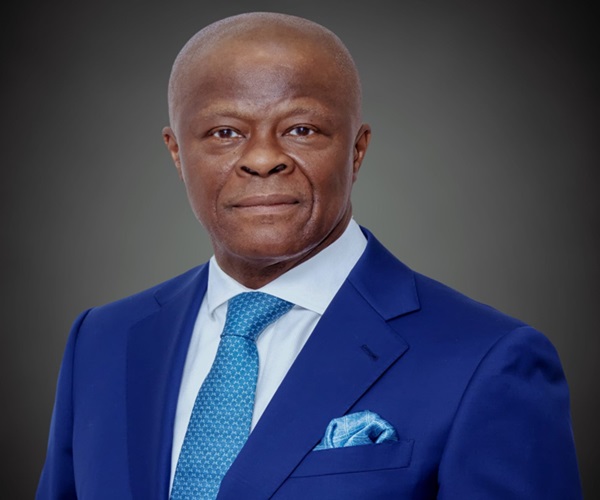Nigeria’s Finance Minister, Wale Edun, has been elected as the new Chair of the West African Monetary Zone (WAMZ) Convergence Council, succeeding his Ghanaian counterpart. This appointment is important in the region’s pursuit of a single currency, akin to the Euro in Europe.
Addressing a gathering of West African leaders, Edun cautioned that despite projected economic growth in Nigeria for 2023, it might not substantially enhance living standards for most Nigerians. Structural challenges and inequalities within the economy could hinder the distribution of benefits from this growth.
Speaking about Nigeria’s commitment to fostering tangible improvements in people’s lives, Edun stated the government’s focus on economic transformation through its National Development Plan and sectoral reforms.
Factors like rising oil prices and coordinated economic policies are expected to contribute to a more stable economic environment.
However, challenges loom over the WAMZ Convergence Council’s goal of establishing a single currency for West Africa by 2027.
A recent review by the Committee of Governors of the Central Bank of West Africa revealed that no member country meets all the Convergence criteria, potentially delaying the launch of the planned ECO currency.
These challenges include slow economic growth, unstable food production, high reliance on imports, rising inflation, and currency exchange rate issues.
Despite these hurdles, Nigeria remains steadfast in its leadership role, advocating for smart planning, collaboration, and decisive action among member states to overcome common obstacles.
The WAMZ Convergence Council, established to integrate and harmonize monetary and economic policies, aims to create conditions for implementing a single currency in the region.
By achieving convergence in key economic indicators, such as inflation rates and fiscal deficits, member countries aspire to foster economic stability, facilitate trade, and promote sustainable growth within West Africa.



